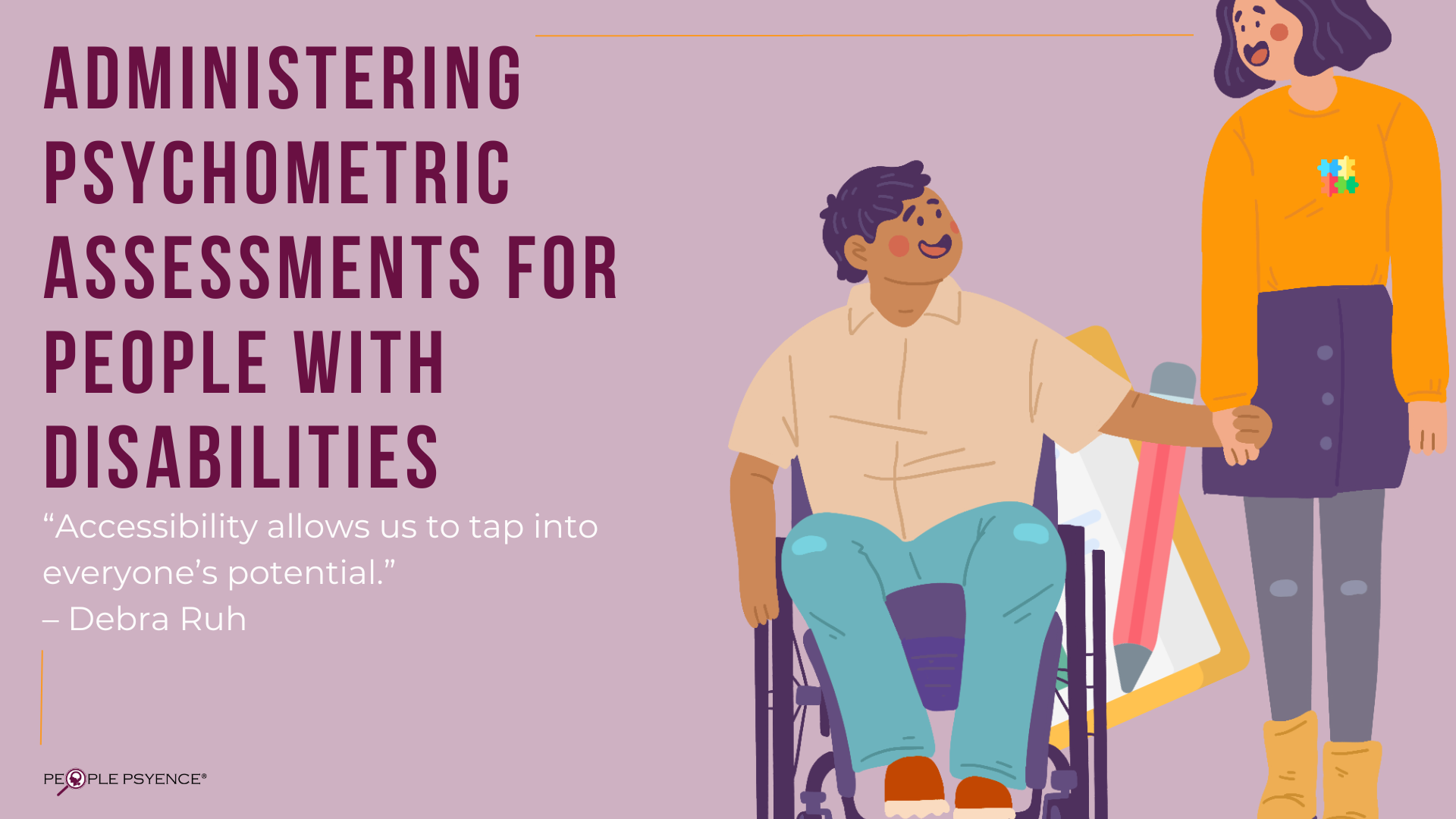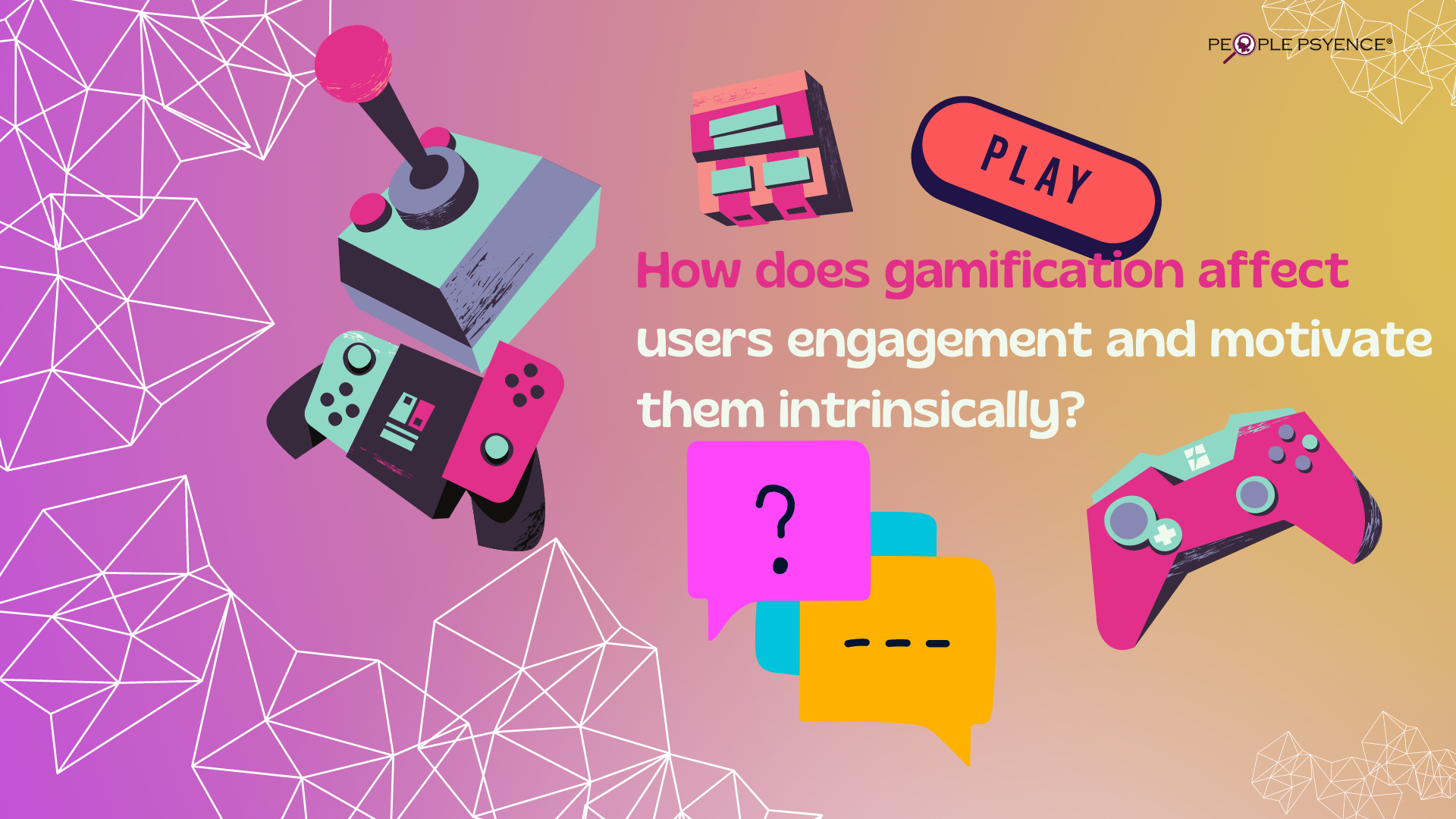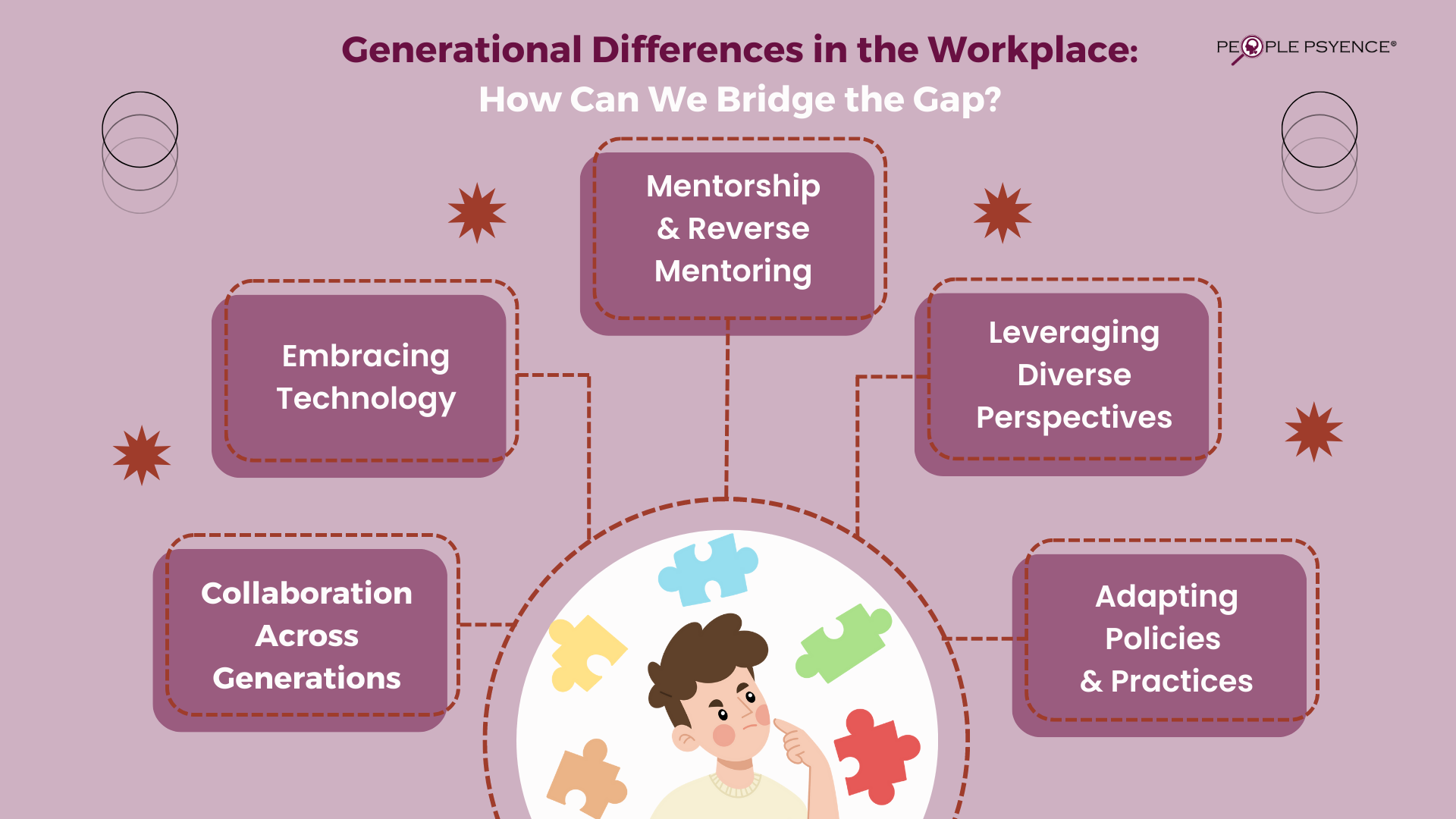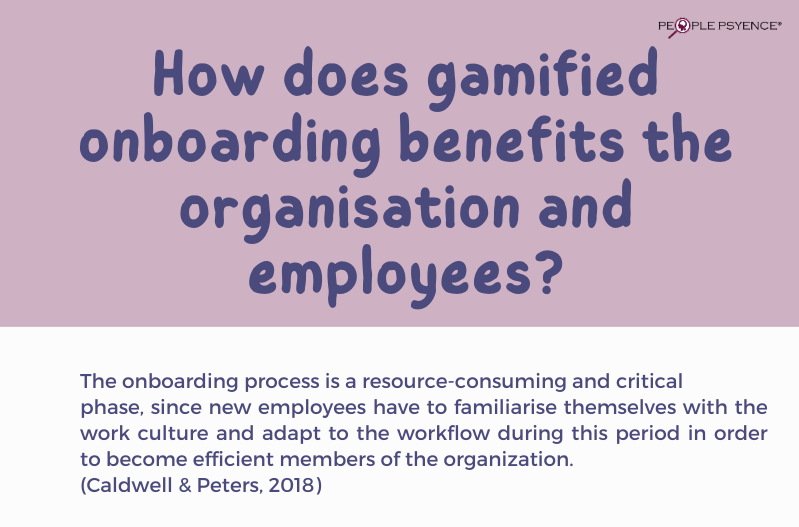In the fast-paced world, diversity and inclusivity are no longer just trendy phrases. They are essential for creating a harmonious and successful work environment. While diversity often focuses on race, gender and ethnicity, it is equally important to consider the aspect of disability. According to Malaysia Persons with Disabilities Act of 2008 (Act 685), “persons with disabilities include those who have long-term physical, mental, intellectual, or sensory impairments which in interaction with various barriers, may hinder their full and effective participation in society”. Certain disabilities, like physical impairments, are noticeable, while others, like Autism Spectrum Disorder (ASD) or Attention Deficit Hyperactivity Disorder (ADHD), may not be visible.
Furthermore, the Ministry of Women, Family, and Community Development has outlined seven categories of disabilities in Malaysia. These categories are hearing impairment, vision impairment, speech impairment, learning disabilities, physical disabilities, mental, and multiple disabilities. These individuals often encounter more challenges in both the professional realm and society, for instance, completing a psychometric assessment during the job application process. It may seem like a very simple task to others, but to them, it could be a challenge.
Psychometric tools are widely used by Fortune 500 companies, both in the hiring process and for managing talent, making it a common practice in organisations today. However, there are challenges and concerns when administering these assessments to individuals with disabilities, especially those with non-visible disabilities. Aptitude assessments often have time limits and may contain complex texts or instructions. This can create difficulties for individuals with dyslexia, for example, who may struggle with quick reading and organising information as part of the assessment requirements. As a result, these hidden factors can impact the final results.
By referencing to policies or guidelines as shared by The Association of Graduate Careers Advisory Services (AGCAS) and the American Psychological Association (APA), it is recommended to implement any needed modifications for a psychometric assessment in advance such as lengthened duration, a text-to-speech application, a modified format (larger text, change of background or alternative to multiple choice), an extension of the deadline or doing a written paper version of an online test. Another suggestion is to allow access to practice questions earlier in order for these individuals to comprehend the structure and become acquainted with the assessment.
In summary, disabilities, whether mental or physical, should not be seen as a hindrance but rather as distinctive qualities that can be perceived as valuable assets when provided with suitable opportunities. By providing accessible testing environments and customising assessments based on specific disabilities, we can achieve precise and fair outcomes, benefiting both individuals and society at large. Together, let’s strive towards a world where every individual can showcase their abilities and potential without facing any obstacles or prejudice.





